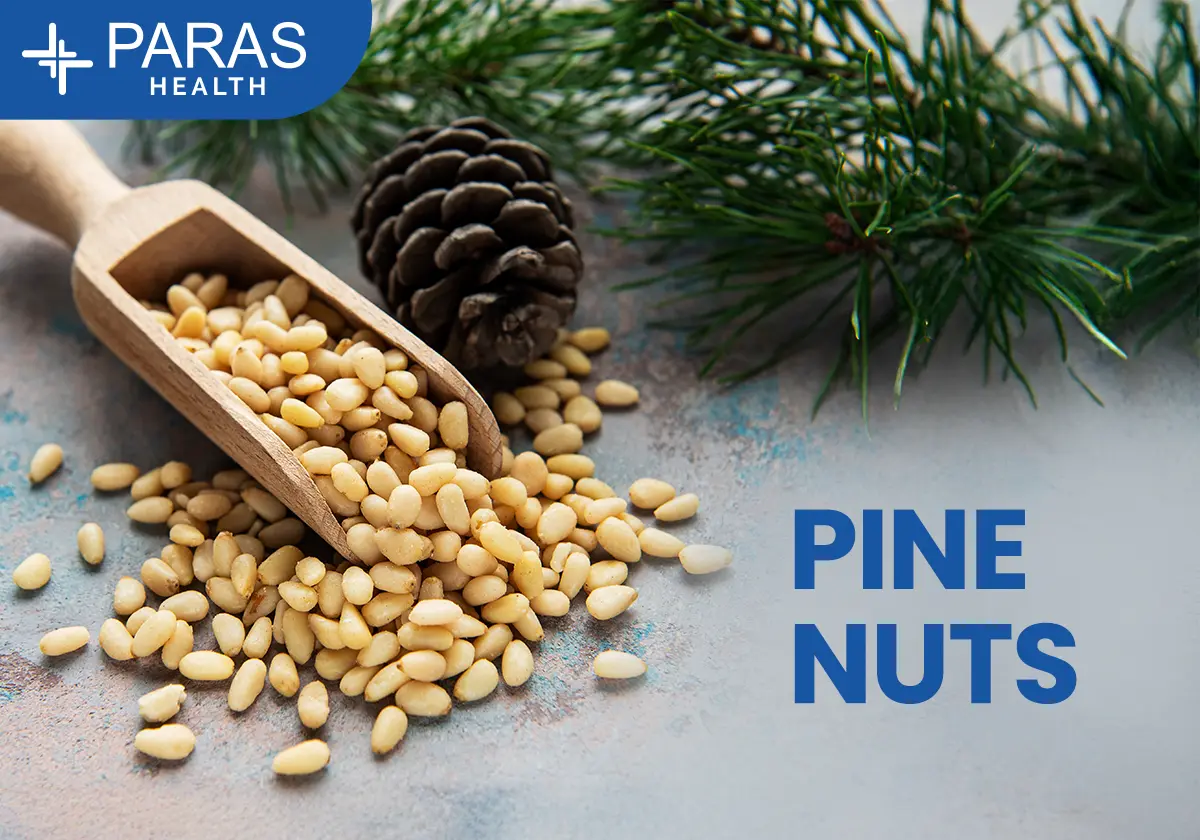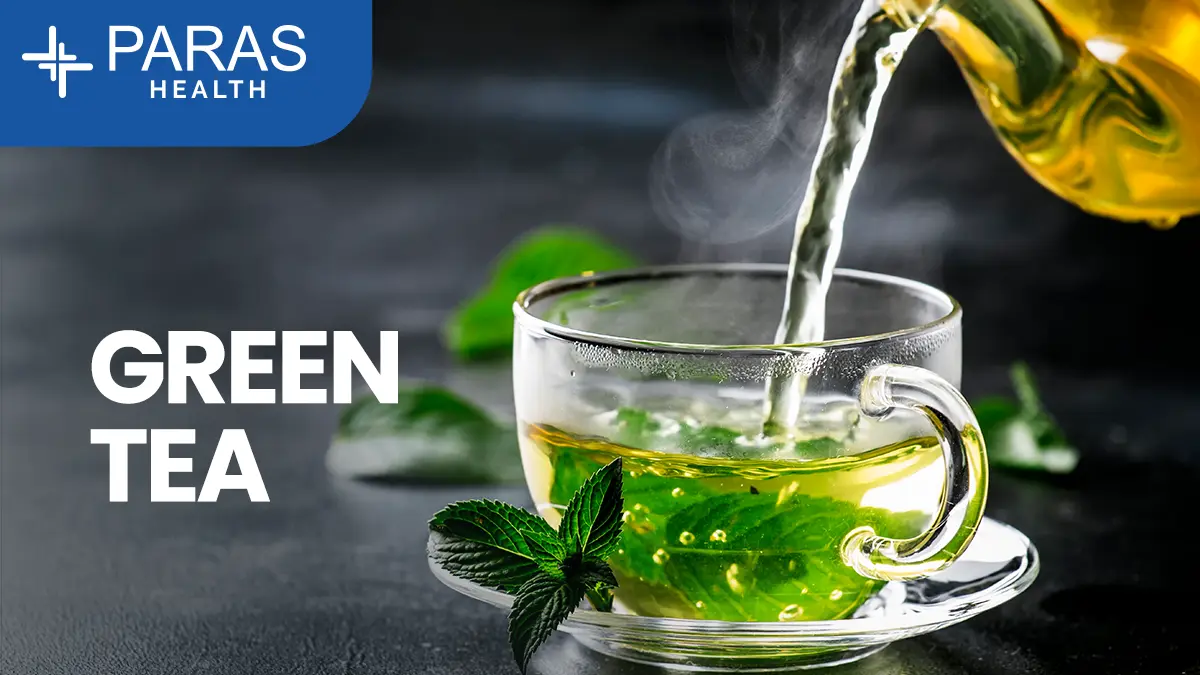COVID-19 Spike in India: Latest Cases, Variants, and Vaccination Update
May 31, 2025
The COVID-19 Landscape in India
As of May 31, 2025, India is experiencing a notable resurgence in COVID-19 cases. Active cases have risen to 2,710, with Kerala reporting the highest number at 1,147, followed by Maharashtra with 424, and Delhi with 294 . This surge is primarily attributed to the emergence of new Omicron subvariants, namely NB.1.8.1 and LF.7.
New Variants: NB.1.8.1 and LF.7
The NB.1.8.1 variant was first identified in Tamil Nadu in April 2025, while LF.7 emerged in Gujarat in May 2025 . Both variants are currently classified by the World Health Organization (WHO) as "Variants Under Monitoring," indicating that they are being closely observed for potential changes in transmissibility and severity.covid19india.org
Symptoms and Severity
Infections caused by these new variants have generally presented with mild to moderate symptoms, including:
While most cases are manageable at home, individuals with pre-existing health conditions or weakened immune systems are advised to exercise caution, as they may be at higher risk for complications.
Government Response and Public Health Measures
In response to the rising cases, the Indian government has issued directives to all states, emphasizing the need for:
- Enhanced surveillance and genomic sequencing to monitor variant spread.
- Increased testing and contact tracing efforts.
- Reinforcement of COVID-19 appropriate behaviors, such as mask-wearing and social distancing.
- Acceleration of vaccination and booster campaigns, particularly targeting vulnerable populations.
Healthcare facilities are also being advised to review their preparedness, ensuring adequate availability of hospital beds, oxygen supplies, and essential medications.
Vaccination and Booster Updates
India's vaccination drive continues to be a pivotal element in combating the pandemic. As of May 2025:
- Over 95% of eligible adults have received the initial two doses.
- Approximately 73% have received at least one booster dose.
- However, only 18% have taken the updated booster tailored for Omicron sub-lineages .
Health experts recommend that individuals, especially those in high-risk categories, stay updated with their vaccinations to maintain optimal protection against emerging variants.
Recommended Precautions for the Public
To mitigate the spread of COVID-19, the public is advised to:
- Wear masks in crowded or enclosed spaces.
- Maintain hand hygiene by regularly washing hands with soap or using hand sanitizers.
- Avoid large gatherings and ensure proper ventilation in indoor settings.
- Stay informed about local COVID-19 trends and adhere to public health advisories.
- Seek medical attention if experiencing symptoms consistent with COVID-19.
Conclusion
The current surge in COVID-19 cases in India underscores the virus's evolving nature and the importance of sustained vigilance. While the new variants have not shown increased severity, their heightened transmissibility necessitates proactive measures from both the government and the public. By adhering to recommended precautions and staying informed, India can navigate this phase of the pandemic effectively.








 (1).webp)
